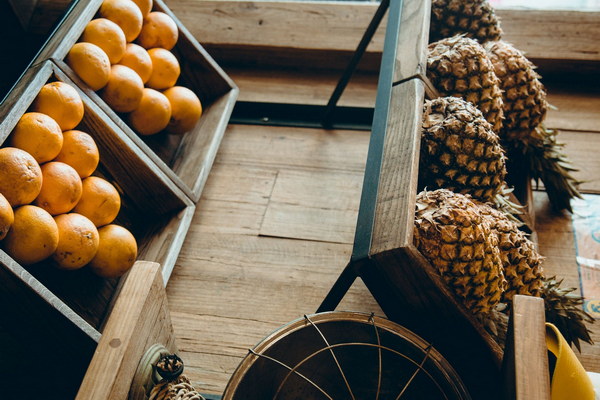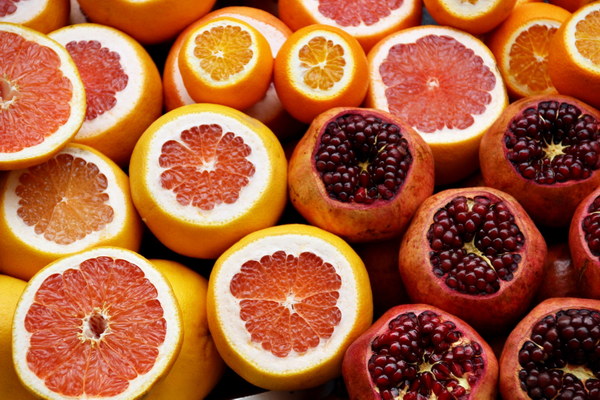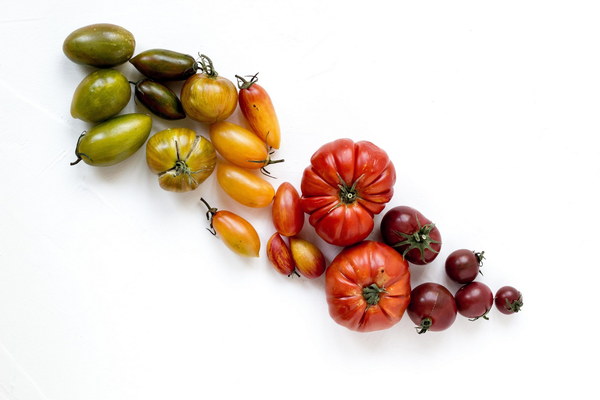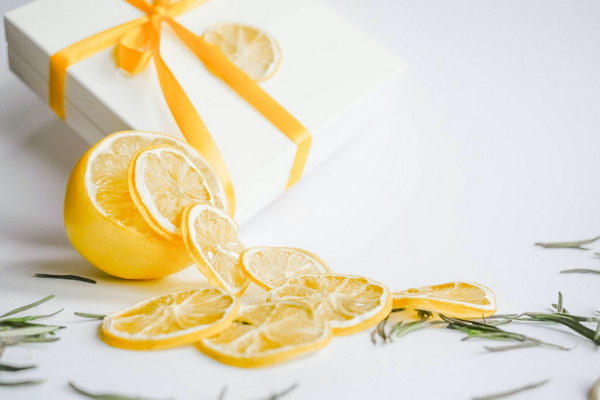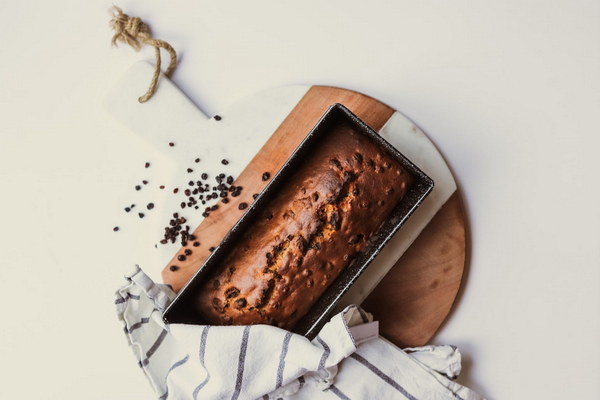Discover the Time-Honored Herbs for Extinguishing Dampness with Medicinal Wine A Traditional Chinese Remedy Guide
In the realm of Traditional Chinese Medicine (TCM), the concept of dampness is often associated with various health issues, ranging from fatigue and weight gain to joint pain and digestive disorders. One of the most popular and effective ways to address dampness is through the consumption of medicinal wine, which is believed to harmonize the body's internal balance. This article delves into the world of TCM, offering a comprehensive guide to the herbs that can be used to create a dampness-relieving medicinal wine.
Herbs for Medicinal Wine: A Dampness-Relieving Recipe
Medicinal wine has been used in China for centuries, and its efficacy in combating dampness is well-documented. The following herbs are commonly recommended for their dampness-relieving properties:
1. Astragalus (Huang Qi)
- Known for its immune-boosting properties, Astragalus is also a powerful herb for expelling dampness from the body. It can be found in many Chinese herbal formulas and is often combined with other herbs to enhance its effects.
2. Poria (Fu Ling)
- Poria is a key ingredient in dampness-relieving formulas. It is believed to aid in draining dampness and clearing damp-heat from the body, making it an excellent herb for those suffering from dampness-related conditions.
3. Cinnamon (Rou Gui)
- Cinnamon is a warming herb that can help dispel cold dampness and improve circulation. It is often used in combination with other herbs to provide a harmonizing effect on the body.
4. Coptis (Huang Lian)
- Coptis has strong antibacterial and antiviral properties, making it an effective herb for addressing damp-heat conditions. It is often used in conjunction with other herbs to clear heat and dampness.
5. Licorice (Gan Cao)
- Licorice is a versatile herb that can be used to balance the effects of other herbs. It is believed to harmonize the body and is often included in dampness-relieving formulas to prevent any adverse reactions.
6. Tulsi (Harijot)
- Tulsi is a popular herb in Ayurvedic medicine and is also used in TCM. It is known for its ability to strengthen the immune system and expel dampness from the body.
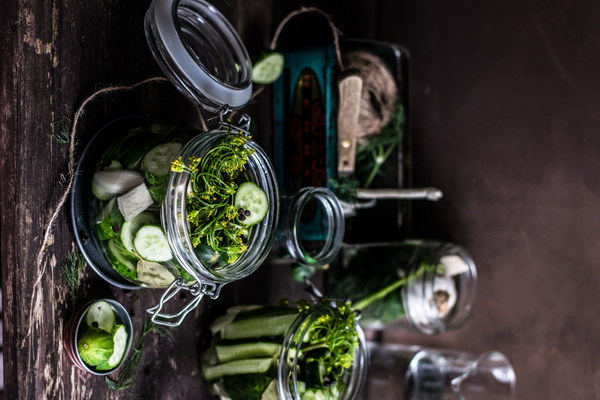
7. Dioscorea (Shan Yao)
- Dioscorea is a sweet, earthy herb that is commonly used in TCM to nourish the spleen and kidney. It is believed to help regulate the body's fluids and eliminate dampness.
Preparing Medicinal Wine for Dampness Relief
To prepare a medicinal wine for dampness relief, follow these steps:
1. Select the Herbs: Purchase high-quality herbs from a reputable Chinese herbal store. Ensure that the herbs are fresh and free from mold or pests.
2. Clean the Herbs: Thoroughly wash the herbs to remove any impurities.
3. Soak the Herbs: Soak the herbs in a clean, dry bottle filled with a high-proof wine (such as vodka or brandy) for at least 2 weeks. Shake the bottle daily to ensure even distribution of the herbs and their extracts.
4. Strain the Wine: After the soaking period, strain the wine through a fine sieve or cheesecloth to remove the herbs.
5. Serve and Store: Serve the medicinal wine chilled or at room temperature. Store any remaining wine in a cool, dark place, away from direct sunlight.
Conclusion
Medicinal wine is a time-honored tradition in TCM, offering a natural and effective way to combat dampness. By incorporating herbs such as Astragalus, Poria, Cinnamon, Coptis, Licorice, Tulsi, and Dioscorea into a dampness-relieving medicinal wine, individuals can enjoy the benefits of a balanced and healthy body. Always consult with a qualified TCM practitioner before starting any new herbal regimen.


